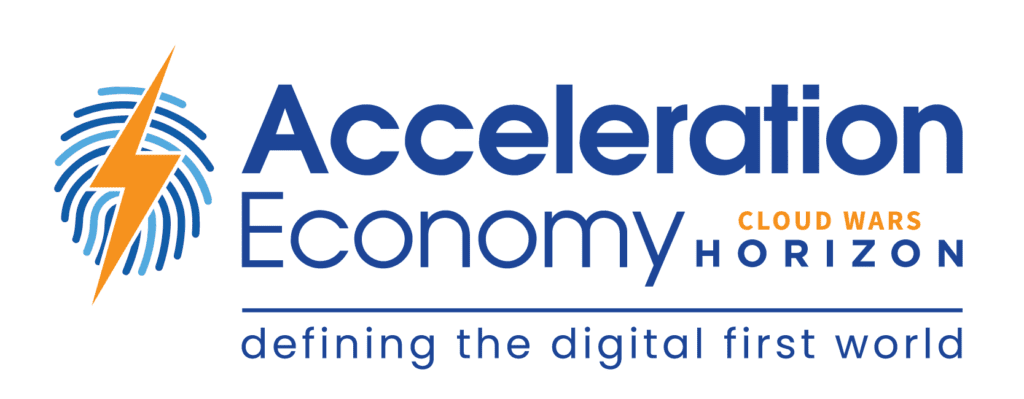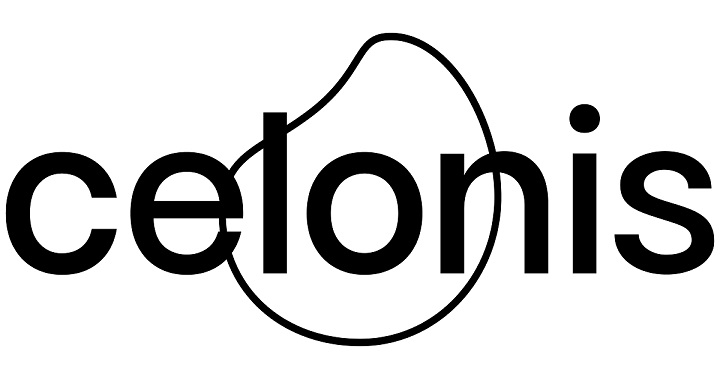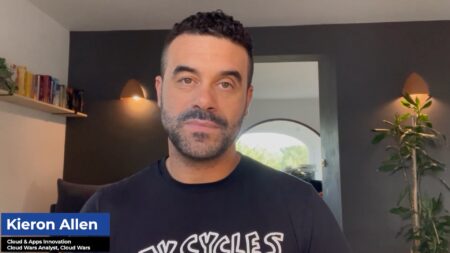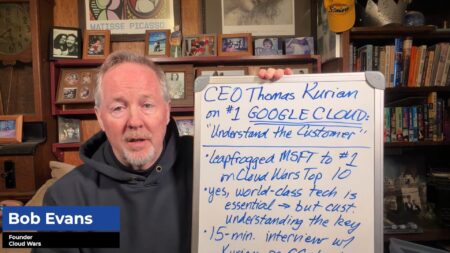Much has been made of a potential slowdown in the market for enterprise technology. So when I recently had the opportunity to talk with the chief customer officer of Celonis, a supplier of execution management software to very large enterprises, I wanted to get the mood of that company’s customer base.
Turns out, customers are moving ahead aggressively, at least when it comes to deploying Celonis software, according to Malhar Kamdar, Celonis’ chief customer officer.
Asked whether customers are slowing down, or otherwise changing, their investment and rollout plans for enterprise projects involving Celonis, Kamdar says the opposite is happening: They have an increased sense of urgency around deploying the software. Why is that?
Companies whose core applications (think ERP and CRM) might be aging, or at least ripe for a refresh, are not looking to swap those out at this time due to cost, complexity, and economic factors.
But they still need to respond to supply chain problems, inflation, and other pressures. Adopting an add-on that delivers additional insights and value on top of their ERP systems is easier than an ERP changeover. “They want to outrun new crises not by changing, but by putting a layer on top to improve performance,” Kamdar told me. Celonis’ execution management is that layer on top.
Kamdar’s comments align in broad terms with comments made by Oracle EVP, Industries Mike Sicilia at his Cloud Wars Expo keynote last week. Sicilia said he sees customers continuing to embrace cloud software that delivers strategic value, such as enabling a business to scale up and scale down flexibly as demand fluctuates.
“Pre-Covid, there was some hesitation to move stuff to the cloud. That’s all gone. Now it’s ‘how fast can I get there’?” Sicilia added there won’t be a strong willingness among enterprise customers to spend on “old stuff.”
Because Celonis’ software is “horizontal” – sitting atop various applications and systems — and not focused on delivering core functionality as an ERP system does, its sole focus is on improving functions in a measurable way. A big focus area for Kamdar and his team, in fact, is to define and quantify that value for customers. “Metrics is at the heart of what we do with clients,” he says.
“We sit with the client and say look at these use cases and processes and agree how much value is tracked into your systems, then realize that value and track it. It could be top-line cash, bottom line savings, efficiency gains, or reduced carbon emissions,” Kamdar says.
Customers “want to outrun new crises not by changing but by putting a layer on top to improve performance.”
Malhar Kamdar, chief customer officer, Celonis

A case in point is a recently announced customer use case from Siemens, the Munich-based industrial giant with more than 60 billion euros in revenue and close to 400,000 employees. A long-time Celonis customer, Siemens applied the software to its order-to-cash process. The company was able to increase its rate of automation in that process by 24%, reduce rework by 11% globally, and eliminate 10 million manual ‘touches’ per year in that process.

The Siemens team even developed a custom metric, which it calls “digital fit rate,” in this process. Digital fit rate takes the number of manual activities and divides them by the number of sales order items. So the lower the number, the better the performance – eliminating 10 million manual touches was a big step forward.
Kamdar cited other factors that are causing customers to remain resolute in their plans to acquire and deploy Celonis software. The enterprise scale of Celonis’s products – meaning their ability to ingest data from any system or data source – is the top differentiator, he says.
Further, Celonis continues to work with customers on a co-creation basis, and the company’s core products incorporate significant IP from the client engagements that Kamdar’s team leads. Example: a claims management app that was developed along with a customer in the insurance industry and is now available to customers broadly.
The company’s ability to take that IP, from internal or external sources, and deploy it into its products in relatively short order, as compared to the largest platform companies, is also a differentiator, Kamdar says.
Finally, he noted that the people in his organization come from the consulting industry and even end user companies, so they have in-depth understanding of business processes such as procurement, payments, and collections. They’re also able to get the Celonis software implemented, and delivering value, quickly, on the customer’s timetable.
That ability to be nimble, with deep expertise in the customer’s business, is going to be more important than ever if economic conditions continue to tighten and customers have difficult choices to make.










